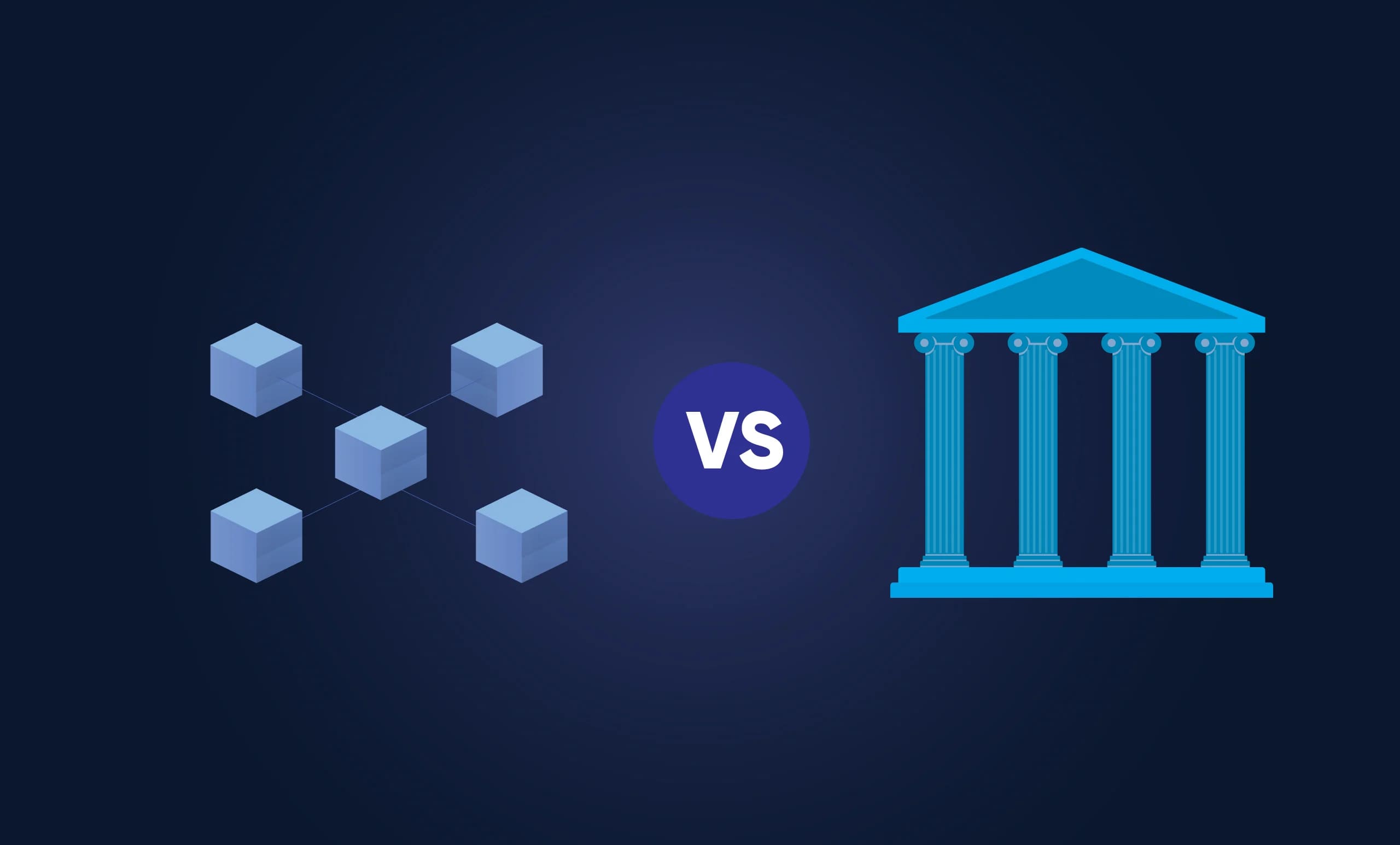Wallet Security – How to Keep Crypto Wallet Safe


How to Keep Crypto Wallet Safe
In the world of blockchain, crypto wallet security is of the utmost importance. Safeguarding your crypto wallet is crucial to protecting your digital assets from potential threats. This article will explore tips and the most useful methods to keep your crypto wallet safe. Your role in choosing a reputable wallet is integral to the security of your digital assets. From implementing strong security measures to staying informed about potential threats, we will provide you with the understanding and tools to enhance the security of your crypto wallet.
- Why Is a Crypto Wallet a Secure Cryptocurrency Storage Solution?
- Everything You Need to Know About Crypto Wallets
- What Factors Affect the Security of Your Crypto Wallet?
- How Your Crypto Wallet Сan Be Hacked?
- 6 Steps How To Secure Your Crypto Wallet?
- Which Crypto Wallets Offer The Best Security?
- How To Update Crypto Wallet Software Safely?
- Where Is It Safer To Store Your Cryptocurrency - In a Crypto Wallet Or An Exchange?
- Conclusion
Why Is a Crypto Wallet a Secure Cryptocurrency Storage Solution?
Cryptocurrency wallets can be secure if proper precautions are taken. However, it is important to note that the security of a cryptocurrency wallet ultimately depends on the user’s actions and the type of wallet they choose to use in the blockchain world. Remember, the responsibility of keeping your wallet safe lies in your hands. Stay attentive and proactive in saving your digital assets.
Everything You Need to Know About Crypto Wallets
Cryptocurrency wallets are essential tools for securely storing and managing your digital assets. Whether you’re new to the world of cryptocurrencies or a seasoned investor, understanding the basics of security wallets is crucial. Here’s everything you need to know:
What is a cryptocurrency wallet?
A cryptocurrency wallet is a digital tool for securely storing, sending, and receiving cryptocurrencies. It consists of two main components: private and public keys.
Private key and public key
A private key is an individual, randomly generated string of characters that serves as the password to access your cryptocurrency holdings. It is crucial to keep your private key secure and confidential. A public key is derived from your private key and is used to receive funds. Others can use a publicly shareable address to send cryptocurrencies to your wallet.
Types of cryptocurrency wallets
There are two major varieties of cryptocurrency wallets: hot wallets and cold wallets. Hot wallets offer comfort and rapid access to your funds, making them suitable for frequent transactions. Cold wallets are perfect for long-time storing cryptocurrencies, as they provide enhanced protection against hacking and malware attacks. Cold storage methods are useful for individual investors and users.
Seed phrase
A seed phrase is a crucial component of cryptocurrency wallet security. This small but powerful set of words should be kept secure and confidential, as anyone accessing it can gain control over your wallet and digital assets.
What Factors Affect the Security of Your Crypto Wallet?
Factors that depend on keeping your crypto safe:
- User’s actions: The actions taken by the user play a crucial role in the security of a crypto wallet. This includes choosing a strong password, enabling two-factor authentication, being cautious of phishing attempts, and practicing good security hygiene.
- Wallet type: The type of wallet used can impact its security. Different types of wallets exist, including hardware, software, and online wallets. Hardware wallets are the most protected as they store private keys offline.
- Wallet software: A crypto wallet’s security also depends on its software. Wallet creators regularly release updates to address security susceptibilities and improve overall security. Supporting the wallet software up to date is essential to benefit from these security enhancements.
- Private key management: The security of a crypto wallet relies on the proper management of private keys. Private keys should be kept protected and not shared with anyone. Hardware wallets and certain software wallets provide secure storage and management of private keys.
- Backup and recovery: A wallet backup is crucial in case of loss, theft, or hardware failure. Wallet users should regularly back up their wallets and store the backup securely. Additionally, understanding the recovery process is important to regain access to the wallet if needed.
- Network security: The security of a crypto wallet can also be influenced by the overall security of the network it operates on. Users should protect their devices with up-to-date antivirus software and firewalls. Avoiding unsecured Wi-Fi networks and using secure connections when accessing the wallet is also important.
How Your Crypto Wallet Сan Be Hacked?
Crypto wallets are popular targets for hackers due to their potential for financial gain. Understanding how your crypto wallet can be hacked is crucial for securing your digital assets. Hackers use deceptive emails, websites, or messages to trick users into revealing their wallet credentials. Always double-check the authenticity of any communication before providing sensitive information. Ensure that your antivirus software is corrected regularly to prevent malicious software installation on your device, which could enable hackers to track your keystrokes and acquire access to your wallet passwords and private keys. Additionally, refrain from downloading files from untrusted sources. Hackers may attempt to manipulate or deceive individuals into revealing their wallet information through social engineering techniques. Be cautious of unsolicited requests for wallet details, and never transfer your private keys or recovery phrases with anyone.
Employing weak or easily guessable passwords poses significant risks, facilitating unauthorized access to your wallet by hackers. Prioritize the creation of strong, unique passwords and contemplate utilizing a password manager for secure storage. Moreover, if your crypto wallet is stored on a material device like a hardware wallet or USB drive, it’s susceptible to theft. Safeguard your purse physically and contemplate implementing additional security efforts such as encryption or biometric authentication. Hackers may create fake wallets or malicious apps that mimic legitimate ones. Only download wallets and apps from trusted sources, such as official websites or app stores.
6 Steps How To Secure Your Crypto Wallet?
Securing your crypto wallet is of great importance in saving your digital assets. But what is the best way how to keep your crypto wallet safe? Here are some essential steps to secure your crypto wallet:
Step 1. Choose a reputable wallet
Select a wallet from a trusted source with a strong reputation for security. Research different wallet options and read reviews to ensure you choose a reliable one.
Step 2. Enable two-factor authentication (2FA)
Enable 2FA to enhance your security measures. To access your wallet, you need to submit a secondary verification form, such as a code sent to your device and your password.
Step 3. Use a strong and unique password
Create a strong and unique password for your wallet. Avoid using common passwords or easily guessable combinations. Consider using a password manager to render and securely store intricate passwords.
Step 4. Backup your wallet
Regularly back up your wallet to protect against hardware failure, loss, or theft. Store your backup in a protected zone, or store it in a protected zone, like an encrypted external drive or a cloud storage, with robust security measures.
Step 5. Use hardware wallets
For added security, use a hardware wallet, such as Trezor or Ledger. Hardware wallets save your private keys offline, reducing exposure to online risks.
Step 6. Secure your devices
Ensure your devices, like your computer or smartphone, have updated antivirus software and firewalls for protection. To reduce the danger of unauthorized access, avoid using public Wi-Fi networks when accessing your wallet.


All-in-One Multi-Chain DEX
AliumSwap is an all-in-one multi-chain DEX with a hybrid liquidity feature.
Which Crypto Wallets Offer The Best Security?
When choosing a wallet that offers the highest level of security, there are a few options to consider. Hardware wallets like the Ledger or Trezor are often considered the most secure. These wallets store your keys offline, making accessing your funds extremely hard for cyberpunks. For those who prefer a more user-friendly approach, mobile wallets like Trust Wallet or Coinbase Wallet offer a fine harmony between comfort and safety.
Ledger
These devices provide secure offline storage for your private keys, protecting your cryptocurrencies from online threats. With features like a built-in display and physical buttons for transaction verification, Ledger wallets offer an intuitive and user-friendly experience.
Trezor
With their touch-screen display and advanced security features, Trezor wallets prioritize the protection of your private keys and offer a seamless user experience.
Trust Wallet
Trust Wallet also allows you to remain in control of your private keys, giving you full ownership and ensuring you have access only to your assets. With regular updates and a powerful focus on safety, Trust Wallet strives to provide a safe environment for storing and transacting with your cryptocurrencies.
Coinbase Wallet
It provides a secure storage solution by storing most user funds in offline cold storage, inaccessible to hackers. Coinbase Wallet also gives users full control over their private keys, giving them complete ownership and reducing the risk of unauthorized access.
How To Update Crypto Wallet Software Safely?
By following these steps, you can update your wallet software securely and ensure the safety of your digital assets. Stay informed about updates and security practices to keep your wallet up to date.
- Back up your wallet data
- Choose a reliable source for the update
- Download the latest version
- Check release notes for important information
- Verify compatibility with your device
- Close running instances of the current wallet
- Install the new version following the instructions
- Read and understand any warnings or prompts
- Verify your funds and transactions
- Test the wallet’s functionality
Where Is It Safer To Store Your Cryptocurrency – In a Crypto Wallet Or An Exchange?
Regarding the security of your crypto assets, a hardware wallet is widely considered the safest option. Hardware wallets offer the advantage of storing your private keys offline, furnishing an additional defense against online threats. While they may be less convenient than software-based wallets, they provide robust security features that make them perfect for keeping large amounts of cryptocurrency. However, if purchasing a hardware wallet is not feasible, using a trusted exchange with strong security measures can be an alternative, especially if you don’t plan to store significant amounts of crypto for an extended period. It’s important to research and choose a reputable exchange that prioritizes security to minimize the risk of potential breaches.
Conclusion
The safety of your crypto wallet depends on elements such as the type of wallet you utilize and how you manage your private keys. Following best practices like using hardware wallets, enabling two-factor authentication, and keeping your wallet software up to date can enhance the security of your crypto assets. Being cautious of phishing attempts and using secure networks also helps protect your wallet from potential threats.
Written by Vitaliy Basiuk
CEO & Founder at EvaCodes | Blockchain Enthusiast | Providing software development solutions in the blockchain industry





